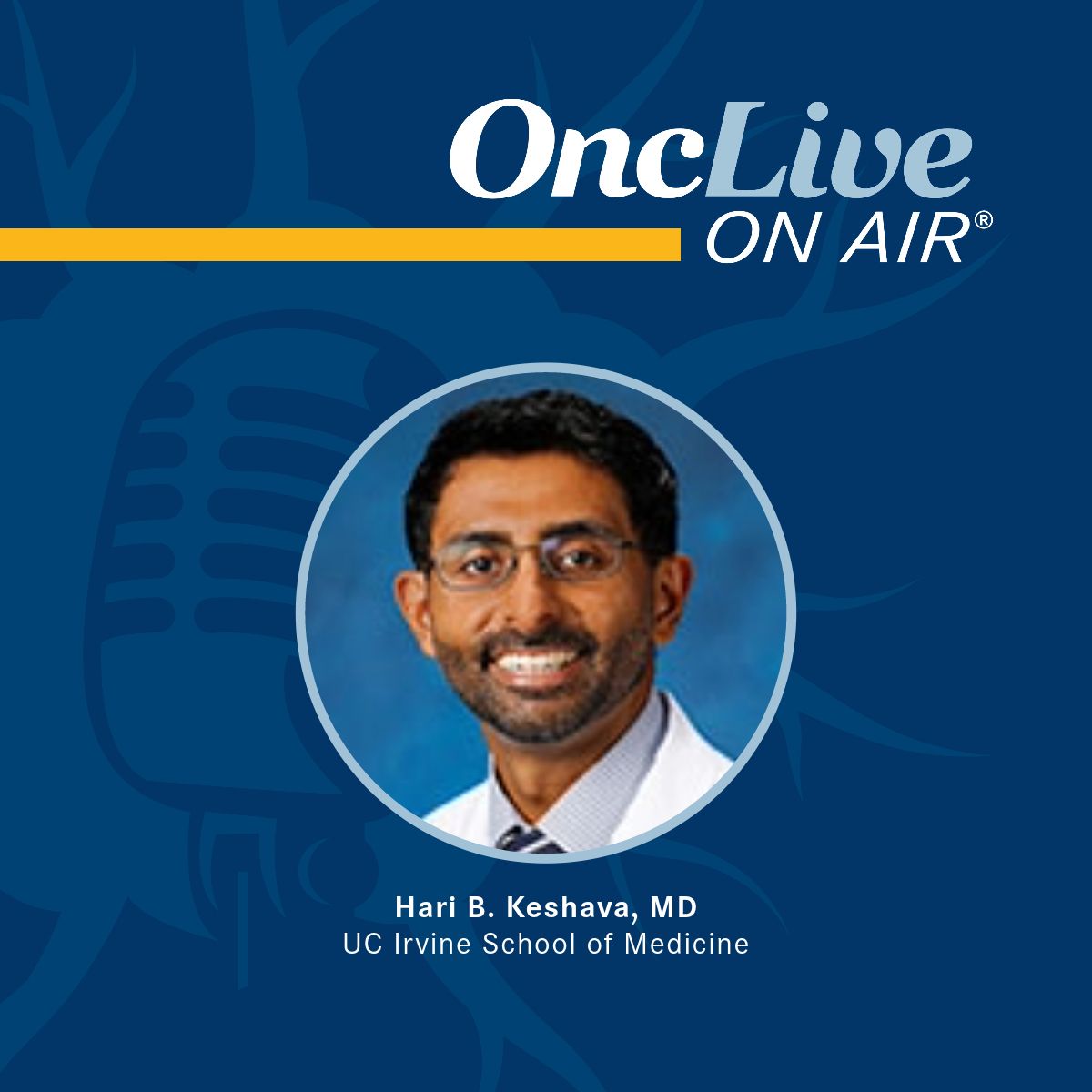Video
Dr. Basu Roy on the Challenges of Interpreting Molecular Testing Results in Lung Cancer
Author(s):
Upal Basu Roy, PhD, MPH, discusses the challenges of interpreting molecular testing results in lung cancer.
Upal Basu Roy, PhD, MPH, vice president of research, LUNGevity, discusses the challenges of interpreting molecular testing results in lung cancer.
One barrier to molecular testing is the potential for medical oncologists to misinterpret the results of the testing report, Basu Roy explains. The biology of biomarkers is becoming increasingly complex, so, in turn, the results of biomarker testing are also complex.
For example, not all patients with EGFR mutations will respond to traditional EGFR-directed TKIs, so it is important to subclassify EGFR mutations, Basu Roy says. Although access remains a barrier to molecular testing, the challenge of interpreting these results is a new barrier. Ultimately, even if all patients had access to molecular testing, misinterpretation of the results would prevent some patients from being matched to the correct treatment, Basu Roy concludes.









